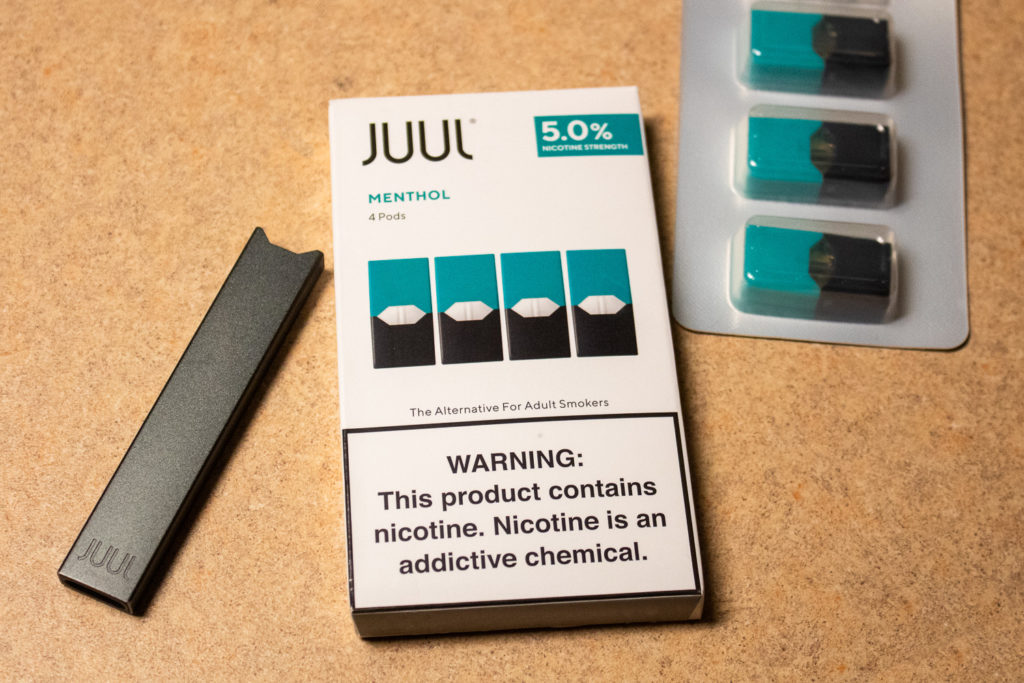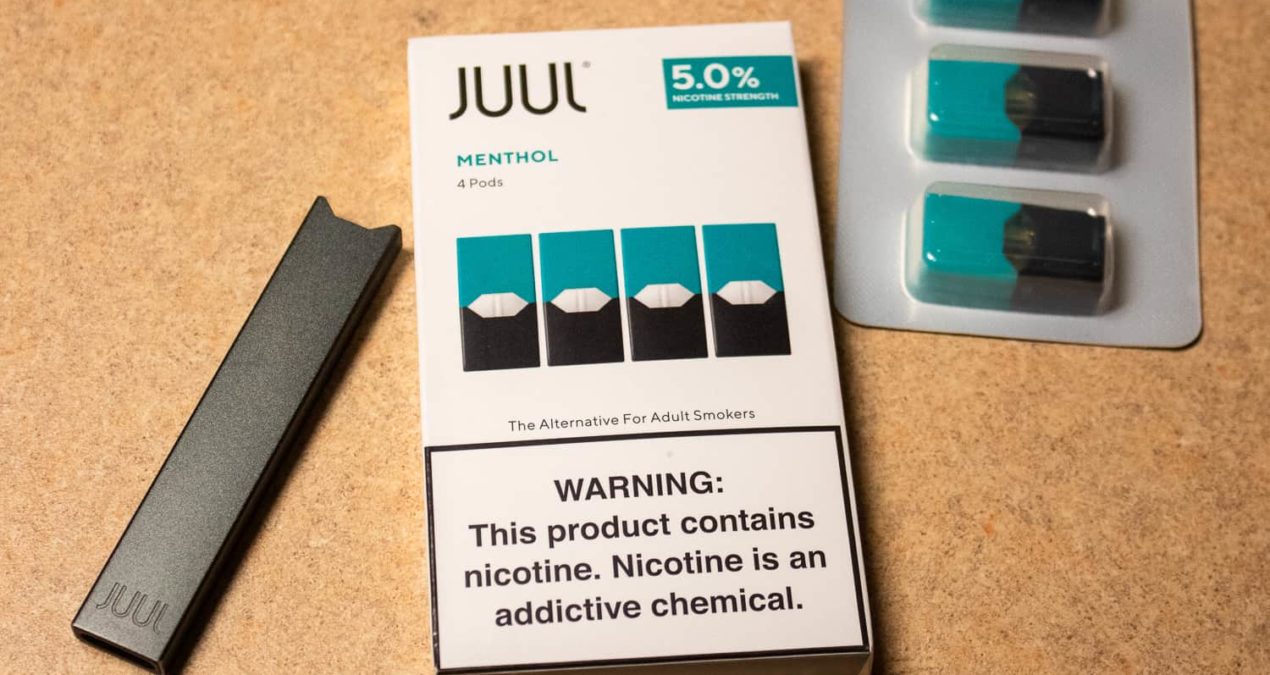
MICHAEL BALL, Web Editor—Congress passed legislation before the new year raising the national minimum age to purchase tobacco and vaping products from 18 to 21.
The measure, included in a spending bill signed by President Trump on Dec. 20, 2019, matched individual efforts from 19 states to raise the smoking age. While Ohio increased the smoking age to 21 last October, municipalities like Columbus and Granville had already banned purchases for anyone under 21 prior to the statewide move.
Campus Safety stated there is no change in campus policy and referred all questions to the Student Handbook. The applicable section states that “As a public health measure, smoking, including vaping and e-cigarettes, is prohibited in all interior areas of University buildings, including classrooms, residence halls, offices, labs, restrooms, hallways and dining rooms.” Signs posted outside of campus buildings prohibit smoking within 25 feet of a door.
The purchasing age increase means that access to tobacco and vaping products for underage students is now the same as alcohol, either requiring an older friend to purchase products for them or by using a fake ID. Anyone in Ohio who purchases tobacco for minors or uses a fake ID is guilty of a fourth degree misdemeanor, punishable by up to 30 days in jail and/or a fine of up to $250. While the national minimum purchasing age increase functions under federal law, penalties vary by state.
The purchasing age increase comes as part of a nationwide push to restrict adolescent access to tobacco and vaping products out of health and nicotine addiction concerns. Adolescents are uniquely at risk for long-term harms of nicotine. According to Surgeon General Jerome Adams, there is a need to “[emphasize] the importance of protecting our children from a lifetime of nicotine addiction and associated health risks by immediately addressing the epidemic of youth e-cigarette use. The recent surge in e-cigarette use among youth… is a cause for great concern.”
A national outbreak of lung injuries linked to the use of e-cigarettes and vapor products in late summer helped fuel the push. As reported by the Centers for Disease Control and Prevention, EVALI (E-cigarette, or Vaping, Product Use-Associated Lung Injury) has been linked to vapor products from informal sources that contain marijuana derivatives.
According to the National College Health Assessment (NCHA) administered at Denison in Spring 2019, 24% of students have tried cigarettes, and 9% used cigarettes in the last 30 days before completing the survey. 34% of students report having ever tried e-cigarettes/vapor products, with 21% using them in the last 30 days before completing the survey.
Heather Borland, the Student Health and Wellness Coordinator at the Wellness Center, helps with tobacco cessation programs at the Licking County Health Department. Options are available to students interested in quitting nicotine, including one-on-one or group counseling, and a phone counseling referral service (1-800-Quit-Now). Students interested in these services can contact the Licking County Health Department at 740-755-4532, or the Wellness Center at 740-587-6200.

